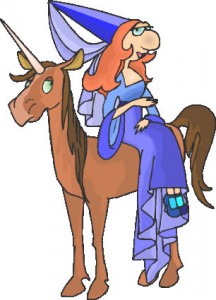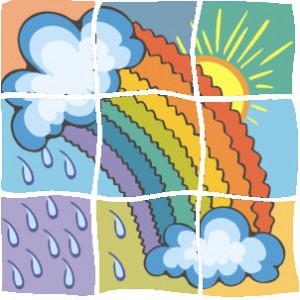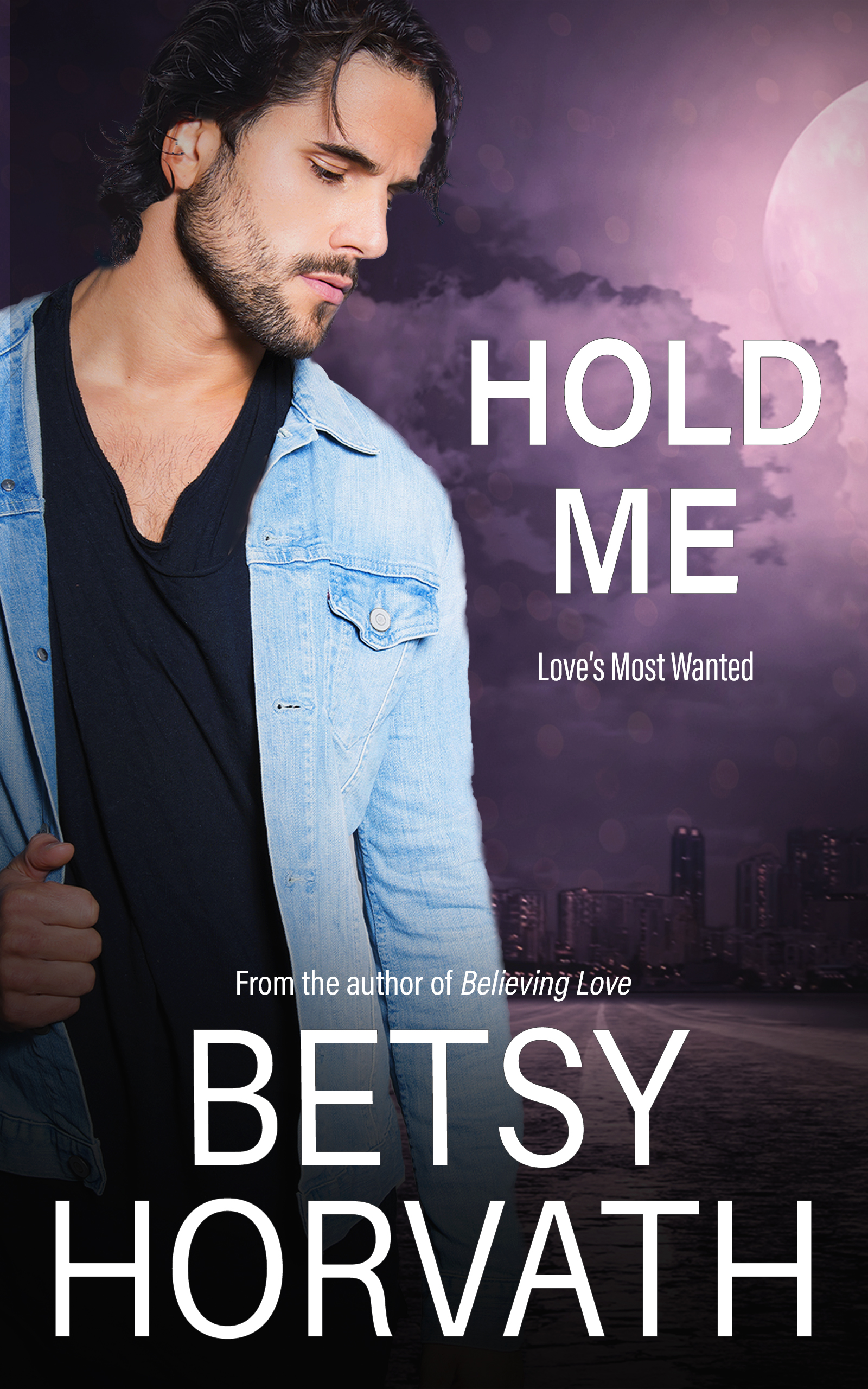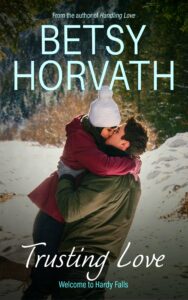 I was talking to a friend the other day, complaining about a fact I needed to check for my WIP and trying to decide how to dig out the information. She said, “Why do you care? Why don’t you just make it up?”
I was talking to a friend the other day, complaining about a fact I needed to check for my WIP and trying to decide how to dig out the information. She said, “Why do you care? Why don’t you just make it up?”
I said something about fiction needing to be grounded in reality, but after she left I started to really think about it. Why can’t I just make stuff up? I know that good fiction needs to be based on reality, but why? Why do we say “it just wasn’t real to me” when we read a fiction book we don’t like? Why can a wrong fact push the reader right out of the story? In other words, why does fiction have to be real?
After stewing over that a little bit, I had a few thoughts. First, the rules of day-to-day life connect us all. If I, as a writer, am trying to communicate to you, a reader, we need to have common ground to understand each other. Societally accepted facts and norms provide a handy communication platform.
Then there’s the fact that fiction – any fiction – uses reality. If the story seems real, if it corresponds with your acceptance of reality, then you are more willing to enter the writer’s universe.
When you can accept the reality of the fictional world you are reading, then you relate to the things that happen there as if they were also real. In other words, you identify with the world and the characters in it.
Fiction can also use reality by contrasting with it. By bouncing off it and around it to show the absurdity or the horror of it. That lets you, the reader, relate to reality in a different way and maybe pierce the veil a little bit. But you have to have the base – the reality – before you can contrast.
I think that fiction becomes, in a very true sense, its own reality. When you read a book, when you believe it, you help to create it. Harry Potter’s world existed simulataneously in the minds of millions of people all around the globe. We all created versions that were slightly different, but they were all basically the same because they were based on the same book.
To create a world, we have to believe in that world. And to believe in a world, we have to see that world as real. And for us to see that world as real, it has to have some sense of reality. Harry’s world was fanciful and alien in a lot of ways, but we all understood it. Even though the rules that ran the world were strange, we were able to comprehend them.
So, yes, I make things up when I’m writing fiction. But I still have to base what I write on the experiences and facts of life. Even if the story’s about a bunch of kids flying around on broomsticks, it still has to be real.







Uhh, was this aimed at the research junkie? Another good one, Lady.
@Laryn: No indeed! Research is a good thing! Because the facts have to be right. But you have to, you know, write the story too. *poke poke* LOL 😀